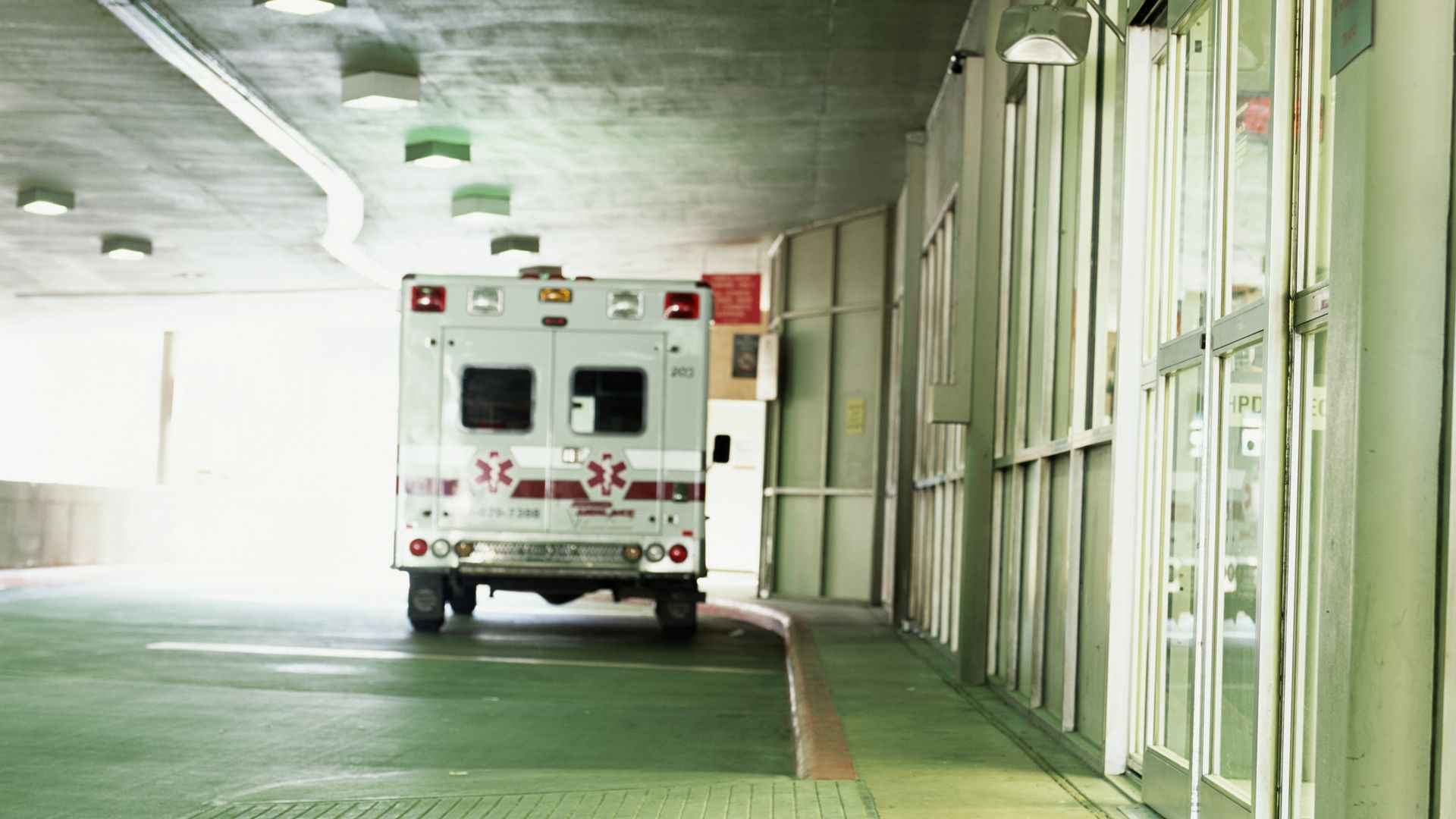Oct 9, 2019 - Health
Emergency room visits create financial disruptions for patients
Add Axios as your preferred source to
see more of our stories on Google.

Photo: Terry Vine/Getty Images
Add Axios as your preferred source to
see more of our stories on Google.

Photo: Terry Vine/Getty Images